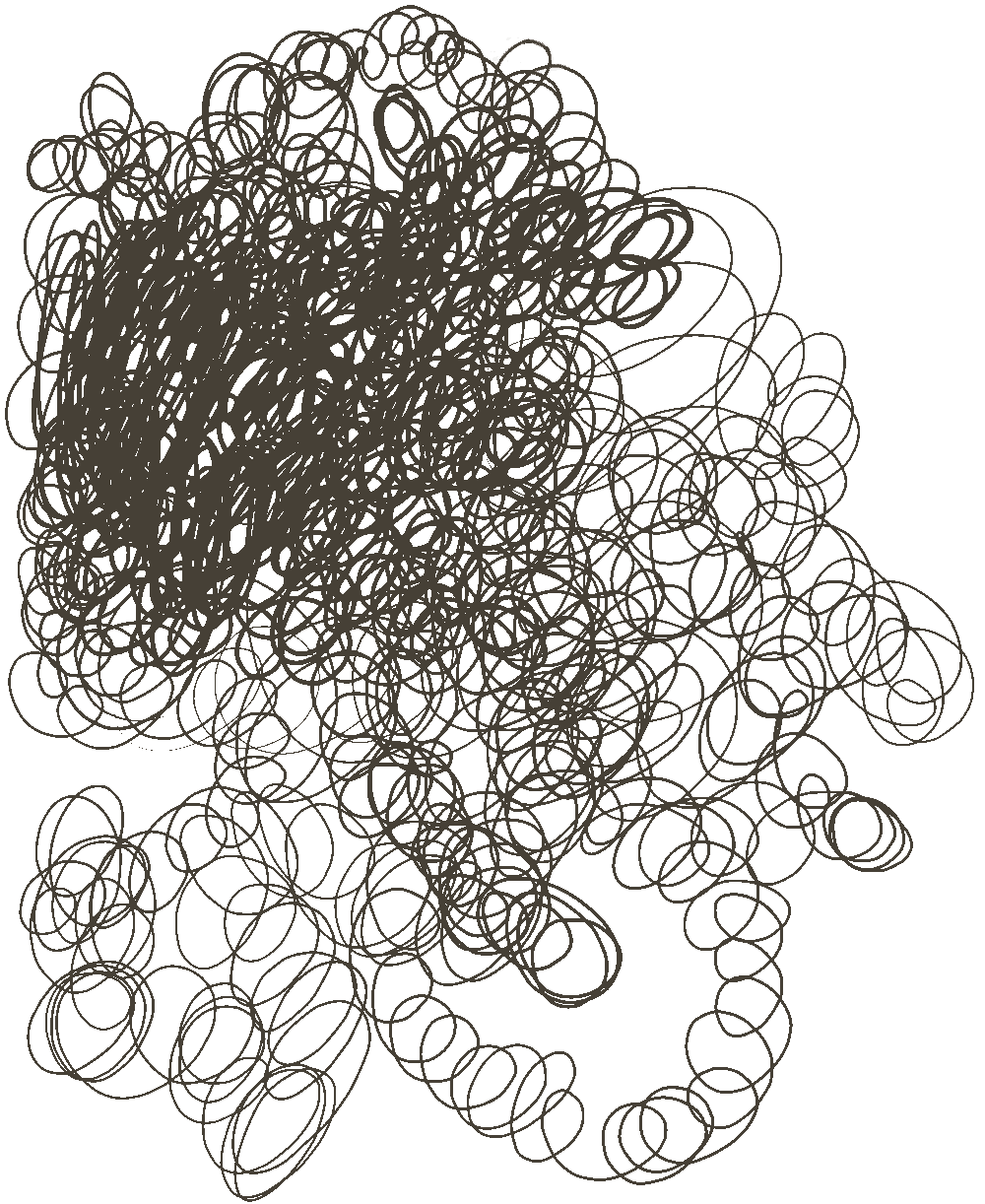Marina Ovsyannikova, the Russian journalist who held up an anti-war poster on Russian state TV, has confirmed that she has left her court-ordered house arrest.
“I consider myself absolutely not guilty and because of our country’s refusal to execute its own laws, I refuse as of 30 September 2022 to observe my pre-trial restriction in a form of a house arrest and I free myself from all that,” Ovsyannikova said in a statement on her Telegram channel.
A court in August placed her under house arrest until October 9, charging her with disseminating false information about the Russian Armed Forces, TASS reported.
Ovsyannikova, a former employee of Russia Channel One, interrupted a broadcast in March holding up a sign that read: “NO WAR. Stop the war. Do not believe propaganda they tell you lies here.”
At the time, Ovsyannikova told CNN’s Christiane Amanpour that many Russian journalists see a disconnect between reality and what is presented on the country’s television channels, saying “it was simply impossible to stay silent.”
“Dear law enforcers, please put this type of bracelet on Putin as it’s he who should be isolated from society and not me. Putin should be put on trial for the genocide against the people of Ukraine and mass murder of Russia’s male population,” Ovsyannikova said in a separate video on Telegram on Wednesday while pointing to a monitoring bracelet on her ankle.
Russia’s military leadership has “no idea about the number of victims among the civilian population” in Ukraine,” Ovsyannikova added.
“Мaybe some judge’s, prosecutor’s or investigator’s conscience will wake up and they will stop calling the children who died in Ukraine fakes,” she said. “And they will stop prosecuting me for telling the truth.”
“I’ve spent almost two months under house arrest,” she continued, adding that the whole time investigators have been referring to the words of Defense Minister Sergei Shoigu and his spokesperson Major-General Igor Konashenkov, “trying to pretend that not a single child died during the war in Ukraine.”















